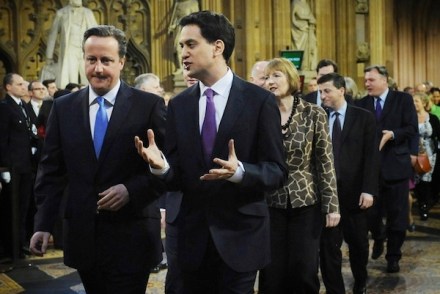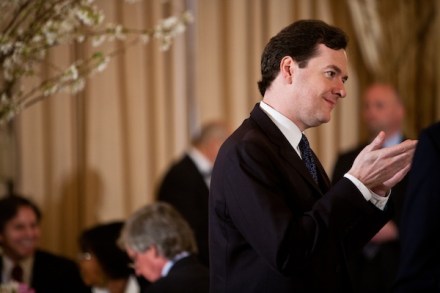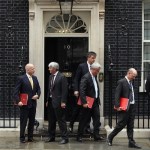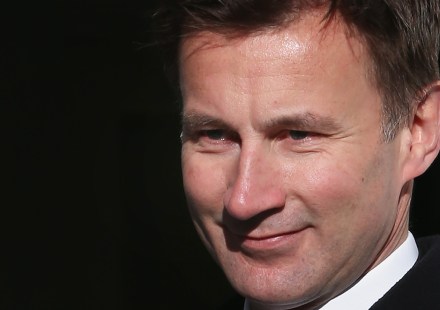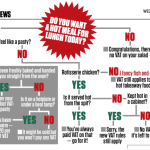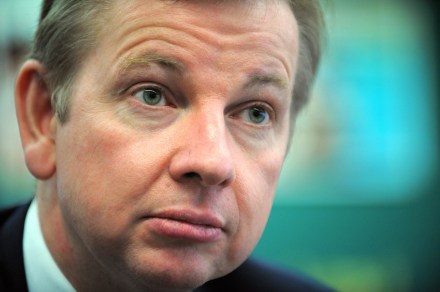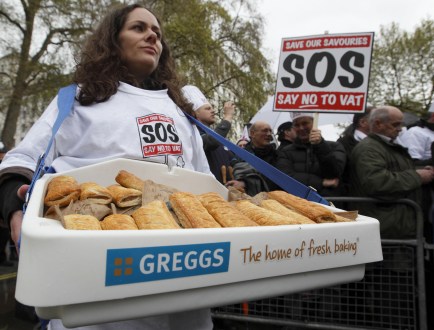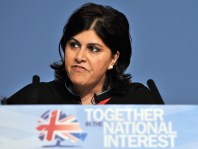Miliband plays the national identity game
Ed Miliband’s speech last week, in which he grappled with questions of Britishness, identity and Unionism, was a worthy effort. By which you will grasp that it was also, in the end, not quite good enough. The Labour leader spoke as though he had only recently appreciated — or had brought to his attention — that national identity on these islands is often a matter of choice and that — insert obligatory Whitman reference here, please — many people have multiple, layered identities that may, at times, even seem to contradict one another. Gosh, you think? And, alas, he foundered in the Q&A when he told one inquisitor: ‘People
